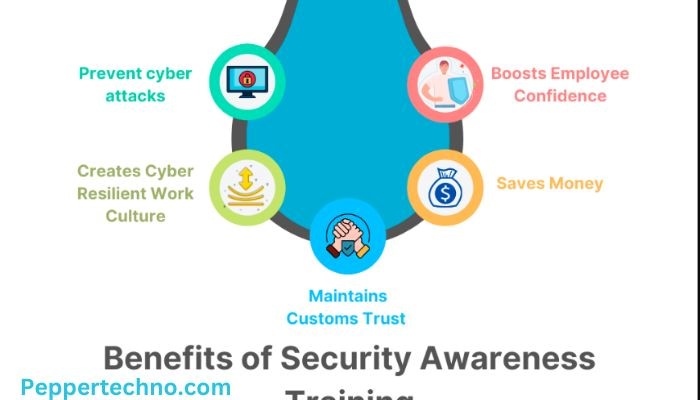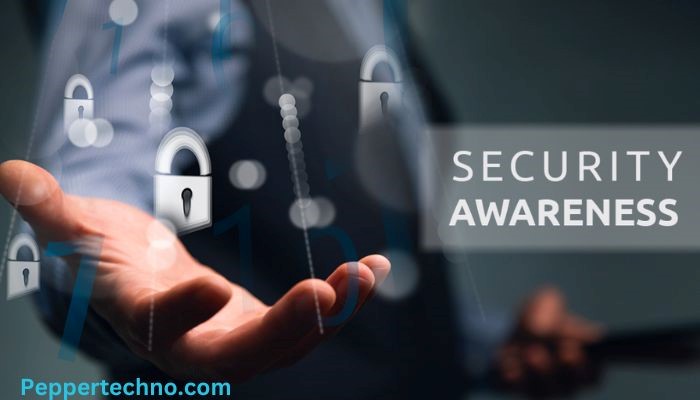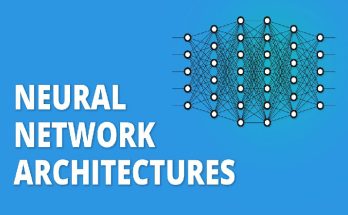Cracking the Code: Unveiling to the Cyber Awareness Challenge Answers
In today’s digital age, cyber awareness and cybersecurity education have become increasingly important. With the rise of technology and the internet, individuals and businesses are more vulnerable than ever to cyber attacks. It is crucial for everyone to understand the importance of cyber awareness and take steps to protect themselves and their information online. One way to enhance cyber awareness is through participating in the Cyber Awareness Challenge, a program designed to educate individuals on cybersecurity best practices.

Understanding the Importance of Cyber Awareness
Cyber awareness refers to having knowledge and understanding of potential cyber threats and taking proactive measures to protect oneself online. It involves being aware of the risks associated with using technology and the internet, as well as understanding how to mitigate those risks. Cyber awareness is important because it helps individuals and businesses protect their sensitive information from falling into the wrong hands.
Statistics show that the threat of cyber attacks is growing at an alarming rate. According to a report by Cybersecurity Ventures, cybercrime is expected to cost the world $10.5 trillion annually by 2025. This staggering number highlights the need for individuals and businesses to be vigilant and proactive in protecting themselves against cyber threats. Cyber awareness plays a crucial role in preventing these attacks and minimizing their impact.
The Growing Threat of Cyber Attacks
In recent years, there have been numerous high-profile cyber attacks that have affected individuals, businesses, and even governments. One example is the 2017 Equifax data breach, where hackers gained access to personal information of approximately 147 million people. This breach not only compromised sensitive data but also resulted in significant financial losses for individuals and businesses.
Another example is the 2020 SolarWinds cyber attack, where hackers infiltrated the software company’s systems and gained access to numerous government agencies and private companies. This attack highlighted the vulnerability of even the most secure systems and the need for constant vigilance in the face of evolving cyber threats.
These cyber attacks have far-reaching consequences for individuals and businesses. They can result in financial losses, reputational damage, and even legal consequences. It is crucial for individuals and businesses to understand the impact of cyber attacks and take steps to protect themselves.
The Need for Cybersecurity Education
Given the growing threat of cyber attacks, cybersecurity education has become a necessity. It is not enough to rely solely on antivirus software or firewalls to protect against cyber threats. Individuals and businesses need to be educated on best practices for cybersecurity and understand how to identify and mitigate potential risks.
Unfortunately, the current state of cybersecurity education is lacking. Many individuals and businesses are not adequately trained on cybersecurity best practices, leaving them vulnerable to attacks. There is a need for comprehensive cybersecurity education programs that can equip individuals with the knowledge and skills needed to protect themselves online.
The Cyber Awareness Challenge: What is it?
The Cyber Awareness Challenge is an online program designed to educate individuals on cybersecurity best practices. It is a free resource that provides interactive training modules on various topics related to cybersecurity. The program is divided into different levels, each focusing on different aspects of cybersecurity.
The challenge covers topics such as password security, phishing attacks, social engineering, and data protection. Participants can complete the modules at their own pace and test their knowledge through quizzes and assessments. The program is designed to be engaging and interactive, making it an effective tool for improving cyber awareness.
The Benefits of Participating in the Cyber Awareness Challenge
Participating in the Cyber Awareness Challenge offers several benefits. Firstly, it helps individuals improve their cyber awareness and understanding of potential threats. By completing the modules and quizzes, participants gain valuable knowledge on how to protect themselves online.
Secondly, participating in the challenge can improve individuals’ ability to identify and respond to potential cyber threats. The program provides real-life scenarios and examples, allowing participants to practice their skills in a safe environment. This hands-on experience can be invaluable in developing effective cybersecurity practices.
Lastly, completing the Cyber Awareness Challenge can enhance individuals’ professional credentials. In today’s job market, employers are increasingly looking for candidates with cybersecurity knowledge and skills. By participating in the challenge, individuals can demonstrate their commitment to cybersecurity and stand out from other applicants.
Tips and Tricks for Completing the Cyber Awareness Challenge
To successfully complete the Cyber Awareness Challenge, it is important to approach it with a strategic mindset. Here are some tips and tricks to help you make the most of the program:
1. Set aside dedicated time: Treat the challenge as a priority and set aside dedicated time to complete the modules. This will help you stay focused and ensure that you are able to absorb the information effectively.
2. Take notes: As you go through the modules, take notes on key concepts and best practices. This will help reinforce your learning and serve as a reference for future use.
3. Engage with the material: The Cyber Awareness Challenge is designed to be interactive, so make sure to actively engage with the material. Participate in quizzes and assessments to test your knowledge and understanding.
4. Seek additional resources: While the challenge provides comprehensive training, it is always beneficial to seek additional resources to deepen your understanding of cybersecurity. Read books, articles, and attend webinars to further enhance your knowledge.
5. Stay updated: Cyber threats are constantly evolving, so it is important to stay updated on the latest trends and best practices. Follow reputable cybersecurity blogs and news sources to stay informed.
Common Cybersecurity Threats and How to Avoid Them
There are several common cybersecurity threats that individuals and businesses should be aware of. These include phishing attacks, malware infections, ransomware attacks, and social engineering. Here are some tips for avoiding these threats:
1. Phishing attacks: Be cautious of emails or messages that ask for personal information or contain suspicious links. Avoid clicking on unknown links and verify the legitimacy of the sender before providing any sensitive information.
2. Malware infections: Install reputable antivirus software and keep it updated. Avoid downloading files or software from unknown sources, as they may contain malware. Regularly scan your devices for malware and remove any detected threats.
3. Ransomware attacks: Regularly backup your important files and store them in a secure location. Be cautious of suspicious emails or messages that ask for payment or threaten to delete your files. If you suspect a ransomware attack, disconnect from the internet immediately and seek professional help.
4. Social engineering: Be cautious of individuals or organizations that try to manipulate you into revealing sensitive information. Be skeptical of unsolicited requests for personal information and verify the legitimacy of the request before providing any information.
The Role of Cybersecurity in the Workplace
Cybersecurity is not just an individual responsibility; it is also crucial in the workplace. Employees play a vital role in protecting their organizations from cyber threats. Here are some ways employees can contribute to cybersecurity efforts:
1. Follow security protocols: Adhere to the organization’s cybersecurity policies and procedures. This includes using strong passwords, regularly updating software, and being cautious of suspicious emails or messages.
2. Report potential threats: If you come across any suspicious activity or potential cyber threats, report it to the appropriate personnel immediately. This can help prevent potential attacks and minimize their impact.
3. Stay educated: Stay updated on the latest cybersecurity best practices and trends. Attend training sessions and workshops offered by the organization to enhance your knowledge and skills.
4. Practice good data hygiene: Handle sensitive data with care and follow data protection protocols. This includes encrypting data, securely storing physical documents, and disposing of sensitive information properly.
The Future of Cybersecurity and Cyber Awareness
The future of cybersecurity and cyber awareness is constantly evolving. As technology advances, so do the tactics and techniques used by cybercriminals. It is crucial for individuals and businesses to stay ahead of these threats and adapt their cybersecurity practices accordingly.
Advancements in technology, such as artificial intelligence and machine learning, are expected to play a significant role in cybersecurity. These technologies can help identify and respond to potential threats in real-time, enhancing the overall security posture.
Additionally, there is a growing recognition of the importance of cybersecurity education. More organizations and educational institutions are incorporating cybersecurity into their curriculum, ensuring that individuals are equipped with the necessary knowledge and skills to protect themselves online.
Conclusion:
Cyber awareness and cybersecurity education are of utmost importance in today’s digital age. The growing threat of cyber attacks highlights the need for individuals and businesses to be proactive in protecting themselves online. The Cyber Awareness Challenge provides a valuable opportunity to enhance cyber awareness and improve cybersecurity practices. By participating in the challenge and following best practices, individuals can protect themselves and their information from potential cyber threats. It is crucial for everyone to prioritize cyber awareness and take steps to stay safe online.



